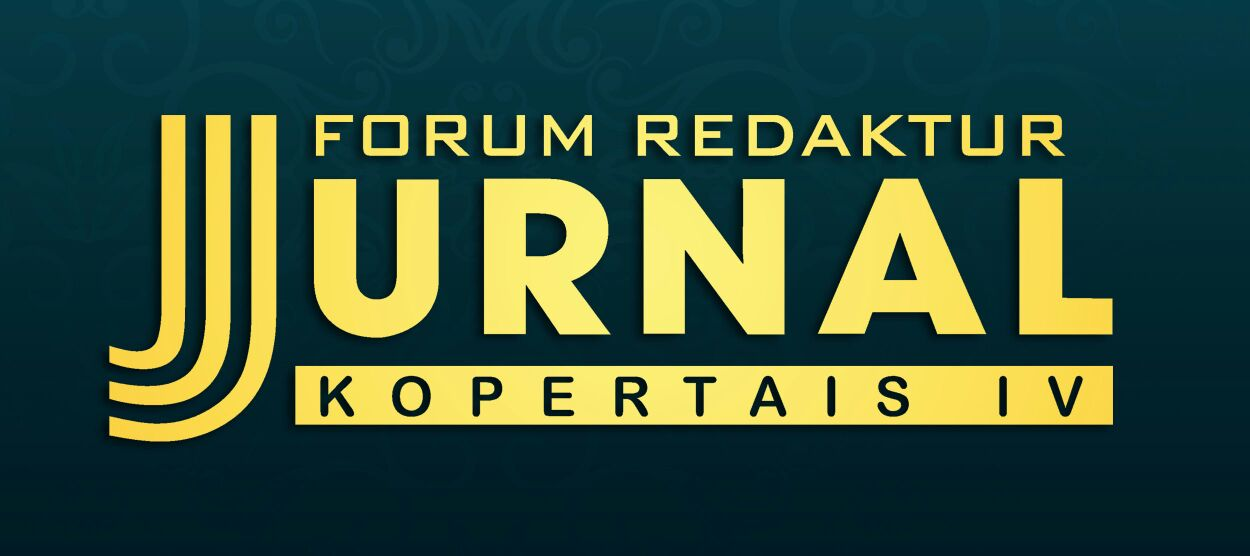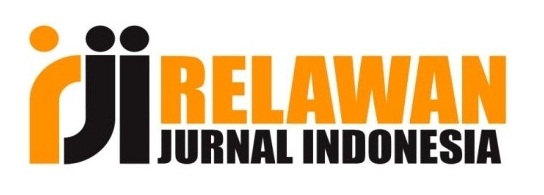| KABILAH |
| pISSN : 25029649 eISSN : 25033603 |
Publication Ethics
Jurnal Kabilah: Journal of Social Community
Jurnal Kabilah: Journal of Social Community follows the guidelines established by the Committee on Publication Ethics (COPE) in all aspects of publication ethics. This includes adhering to best publishing practices and addressing any allegations of publication misconduct. The journal complies with COPE guidelines to ensure high ethical standards for authors, editors, and reviewers.
For Authors:
- Originality: Authors must prove that their article has not been published elsewhere and that no rights have been transferred to other parties.
- Citations: Authors should ensure the originality of their work and properly cite others' work following the approved reference format.
- No Plagiarism: Authors must avoid plagiarism or self-plagiarism.
- Duplicate Publications: Authors should not publish the same research in more than one journal or publication. Submitting the same manuscript to multiple journals simultaneously is unethical and unacceptable.
- Data Integrity: Authors must provide all data and details of their work to the editor if there is any suspicion of falsification or data manipulation.
- Conflict of Interest: Authors should clarify any potential conflicts of interest, such as their role in the research, research funding, consulting fees, and intellectual property.
- Corrections: If an author discovers significant errors or inaccuracies in their published work, they must immediately inform the journal editor or publisher and work with them to retract or correct the paper.
For Editors:
- Responsibility: Editors are responsible for every article published in Jurnal Kabilah.
- Support: Editors are willing to assist authors and ensure that their articles comply with the journal’s guidelines.
- Collaboration: Editors may consult with fellow editors or reviewers when making final publication decisions.
- Objective Evaluation: Editors must evaluate manuscripts objectively, based on their merit, without bias toward the author's nationality, ethnicity, political beliefs, race, religion, gender, seniority, or institutional affiliation.
- Conflicts of Interest: Editors must reject articles if there is a potential conflict of interest.
- Confidentiality: Editors must ensure that documents sent to reviewers do not contain any personal information about the authors and vice versa.
- Timely Decisions: The final decision of the editor must be communicated to the author promptly and should include reviewer comments, unless the comments are offensive or defamatory.
- Reviewer Objections: If an author objects to a particular reviewer for valid reasons, editors must respect the request.
- Confidentiality: Editors and all editorial staff must maintain the confidentiality of all submitted manuscripts.
- COPE Adherence: Editors will follow COPE guidelines if they encounter any allegations of misconduct or disputes regarding an article.
For Reviewers:
- Ethical Issues: Reviewers are expected to report any potential errors or violations related to the research, ethics, or publication if they suspect such issues.
- Objective Review: Reviews must be conducted objectively, and personal criticism of the author is not allowed. Reviewers should present their views clearly with supporting arguments.
- Timeliness: Reviewers must complete their tasks on time and promptly communicate with the editor if they cannot finish their review.
- Confidentiality: Reviewers must respect the confidentiality of the manuscript.
- Conflict of Interest: Reviewers should not accept manuscripts for review if they believe there is a potential conflict of interest with the author(s).
- Similarity: Reviewers should inform the editor if they notice substantial overlap between the manuscript they are reviewing and other published papers they are aware of.
- Confidential Information: Information or ideas gained through the review process should remain confidential and not be used for personal gain. Reviewers must not evaluate manuscripts that involve a conflict of interest, whether due to competition, collaboration, or other relationships with the author, company, or institution involved.









